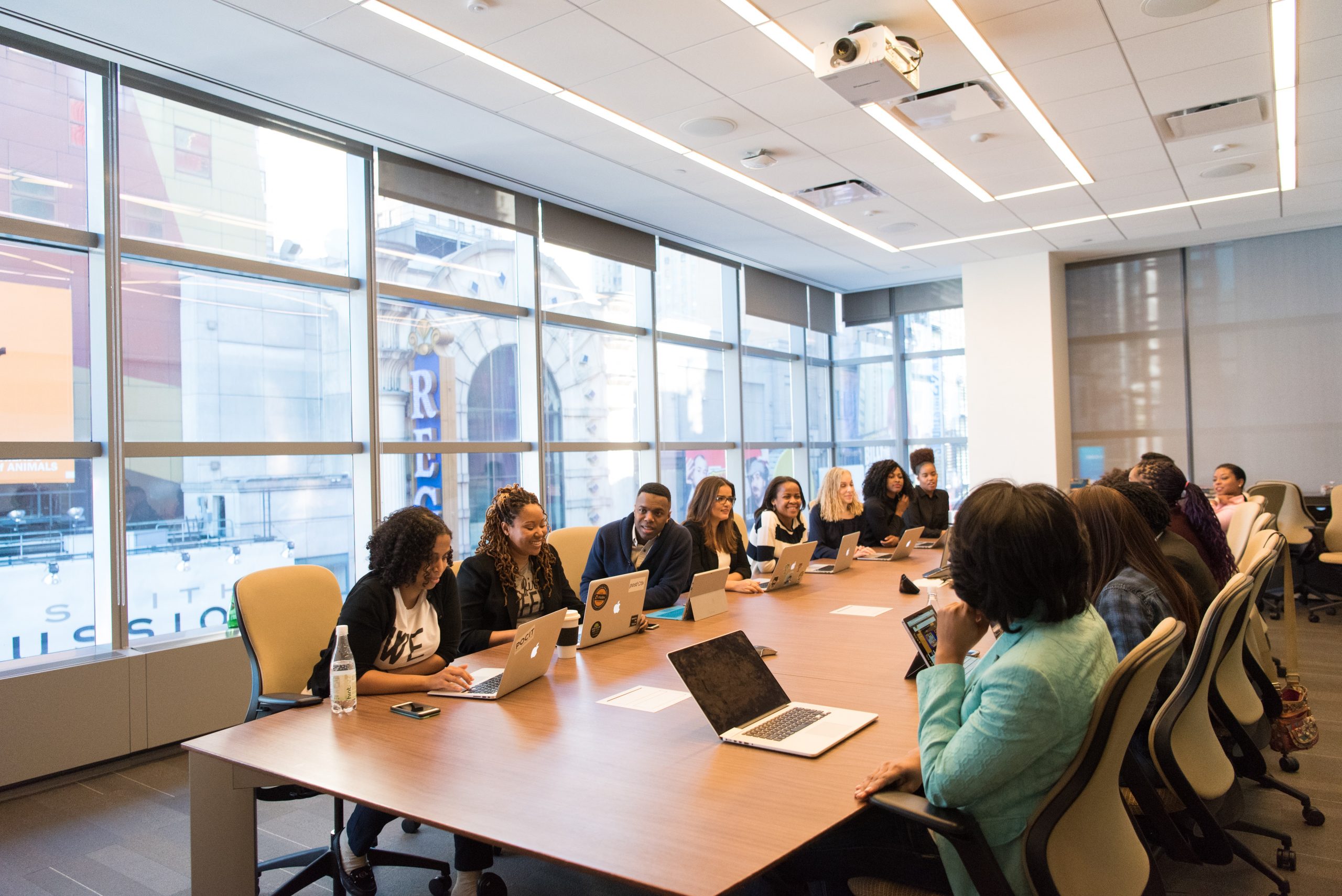In the new norm of hybrid and remote working, coupled with a global talent shortage of epic proportions, it is fair to say employers are having to seriously step up to the bar and compete for talent on an unprecedented level.
The role of the employer has massively evolved. It’s now a new relationship based on reciprocity. It is about symbiotic and flexible relationships where both parties benefit. No longer is it enough to offer a place of employment and a decent salary. To attract and retain the best talent in a hugely competitive candidate-led market, employers must create an engaged and inclusive, socially responsible culture that encourage relationship building, collaboration and individual purpose. Covid has taught us many things, but one fundamental learning is that life isn’t transactional. And our work must have meaning!
Exciting opportunities
In the war for talent, we’ve seen some employers rush to over-correct, offering increasingly gimmicky short term tactical incentives, but culture is about a group of people who come together with a shared set of beliefs and rituals that define the ‘personality’ of the company.
Employees want to feel part of a shared ambition or purpose and they want to feel empowered to influence and drive the outcome of that ambition. Those companies that celebrate difference and diversity are far more likely to hang on to their people. And apart from being the right thing to do, it will fuel levels of creativity and innovation to new heights. Seeking different perspectives from a group of people with different experiences and skills creates an environment that fosters innovation and experimentation. A room full of people from similar backgrounds and experiences doesn’t have quite the same effect…
We are seeing a distinctive move from internal communication to connection. Senior people must connect with their wider team, rather than simply transmitting. It’s incredibly important that those senior leaders are encouraged to speak candidly and frequently about their aspirations, purpose and company vision using their own personality and voice. Empathetic leaders will increasingly succeed over traditional top-down leaders. Equally, employees need to feel heard and valued, and it’s more important than ever as we navigate the virtual and ‘IRL’ (in real life). Continuous and consistent connectivity is the key. It’s about ensuring that people feel connected, included, listened to, supported and informed.
Reshaping culture through purpose
Purpose is increasingly powerful in shaping company culture. A powerful purpose can be a rubric for decision making, a platform for action and a catalyst for change. Crucially, purpose is a powerful unifier, helping to promote a more inclusive environment where all employees, regardless of backgrounds, share a common goal.
WPP’s purpose is to use creativity to build better futures for people, communities, and clients. This has significantly informed a shift in company culture, with increasingly reciprocal relationships playing out across all levels from bottom-up to mid-level to senior management, all in service of a shared purpose. Whether it’s leading the conversation on Black Equity in the UK or setting up vaccination centres in India during Covid, all are in response to a company culture fuelled by purpose.
It’s not easy to create a culture where everyone is included, where everyone can listen, teach, be heard, empathize, and ask questions, but there are steps to take to help. Supporting and championing grass roots employee groups builds positive networks throughout the company and enables people to speak freely, suggest initiatives, and feel empowered.
At Landor & Fitch, a group of volunteers built our ‘Building to Belong’ network, which aims to work towards greater ethnic and cultural diversity. They drive a whole host of activities across the group, including inspirational events and initiatives but also broadening our supplier and recruitment outreach so we connect better with a wider network of contacts and talent.
With the commitment, support, and connection to our senior leadership team, it’s this group who are a powerhouse behind our inclusive culture, helping us build a workplace that embraces and furthers inclusion and diversity, evolving our culture, work, and performance. And the results are speaking for themselves. We’ve just been awarded as a Great Place To Work in the UK, the US, Mexico, France and Hong Kong, and over the past 12 months 25% of our new foundation level hires in the US and UK have come from under-represented groups. Today, more than half of our workforce (56%) is female and 46% of our leadership team are women.
A brighter future
Our role as employers is no longer contained to the place of work. It’s not about policies and processes to make change, it’s about creating a purpose led culture – a place where employees come to feel part of a bigger purpose: a place where they can contribute to making a difference beyond their day-to-day role, a place where they feel connected and that they belong, a place of mutual benefit.
The future looks very bright for employers who go beyond a place of work but embrace a new reciprocal relationship based on diversity and inclusion. Those that do this well will see their culture strengthen as a result. Those employers that fail to see the value of a symbiotic and socially responsible culture will likely struggle in the long term, and retaining their people will be their biggest battle.









